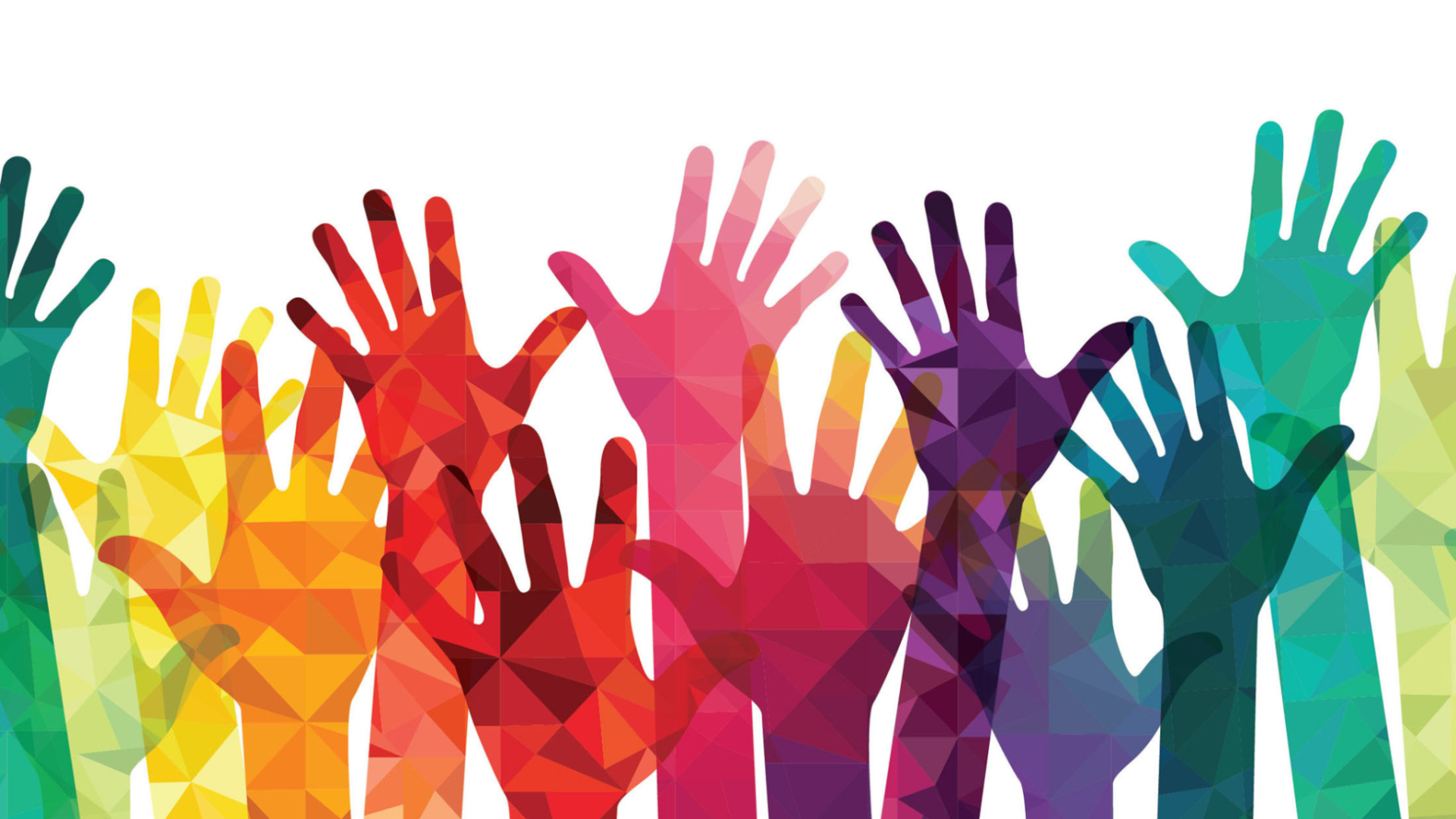Our thoughts and our beliefs are the most powerful forces in our lives. They drive our behavior, especially with money. As you may know, I grew up with a belief (aka bias) that money is the most important thing in the world; my allegiance to that belief led me to disregard my own well-being in the pursuit of accumulating money. My current work is about helping us wake up to our money conditioning so that we can experience more freedom and engagement with our finances. It has been gratifying for me to see both the minds and finances of myself and many others transform just from recognizing one autopilot thought or behavior.
Recently, I was excited to read a Brookings Institution
economic study confirming that biases don’t just affect us on a personal level, but on a national and even global level.
In other words, our thoughts have big consequences. In this example,
our racial biases have cost the US as a nation $23 trillion since 1990. That’s the annual equivalent of 3.5% of our total economic output, a very significant number.*
Because of our racial biases, many of us believe that people of color require more years of experience and educational degrees than white job candidates. The impact is that our racial biases have underutilized or left on the sidelines the talents of millions of people. The result is lower prosperity, not just for those affected, but for everyone.
Bias is costly.
If we can transform our thoughts, imagine what is possible for us individually, nationally, and globally. Ask yourself, “What are my money beliefs? How are these beliefs impacting my choices (and outcomes) in life? How are my biases creating stress or not serving me financially?”

When we internalize a belief like “I’m not good with money,” or “Girls aren’t good with money,” we can see how we hold ourselves back. However, when we become aware of and challenge our biases, we can fulfill our potential and thereby benefit ourselves, our families, and society at large.
*Recent economic studies from McKinsey & Co. and Citigroup have come to similar conclusions.
SHARE THIS POST
The road to financial freedom is easier when you share the journey. By signing up for Spencer’s newsletter, you’re joining a growing community of people who’ve found their way to “Enough.”





